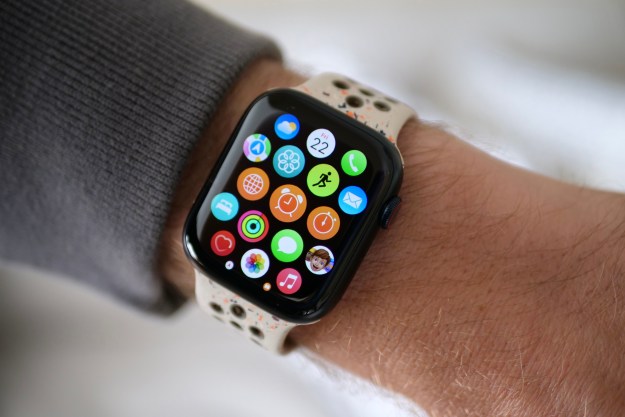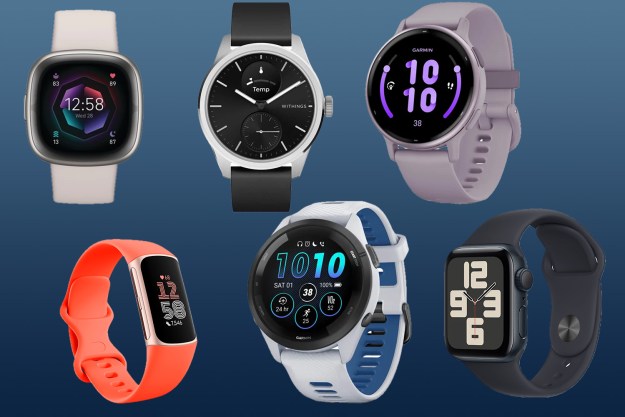Apple is considered by many to be the tech company that takes user privacy seriously, and now it seems like it’s taking that a step further. How? The company updated its App Store rules to not only limit how developers user iPhone users’ data, but also how they use the data of those iPhone users’ friends.
In other words, Apple is basically closing a loophole that has existed for years, in which developers could build an app that asks for access to the phone’s contacts, then using that data for marketing without the permission of the contacts themselves. It makes sense that Apple would want to close the loophole — the sharing of friends’ data is at the center of the Cambridge Analytica scandal that got Facebook in hot water.
Now, however, the App Store guidelines explicitly ban developers from using selling data from iPhone contacts. Developers also can’t use the data to do things like creating new user profiles. Developers can still ask for contacts data, but they need to tell users what they are doing with that data.
“Do not use information from Contacts, Photos, or other APIs that access user data to build a contact database for your own use or for sale/distribution to third parties, and don’t collect information about which other apps are installed on a user’s device for the purposes of analytics or advertising/marketing,” state the revised guidelines.
Of course, Apple could still run into a Cambridge Analytica-type scandal. Facebook closed its loophole years ago, long before the scandal broke — so it’s certainly possible that the data already collected by developers could have been sold to third parties for marketing. On top of that, while Apple has banned the practice of collecting contacts data, it doesn’t really have much control over that data after it has been collected.
Still, it’s nice to see Apple taking some steps to prevent data from being collected and sold without consent. It’s likely we’ll see more moves like this from Apple as it tries to differentiate itself from the Google and Facebook-type companies of the world, whose business models largely hinge on data collection and advertising.
Editors' Recommendations
- Apple has quietly killed its cheapest iPad
- Here’s how Apple could change your iPhone forever
- Please stop wearing your Apple Vision Pro outside
- Here are Apple’s secret plans for adding AI to your iPhone
- The Apple Watch sales ban is about to start again


